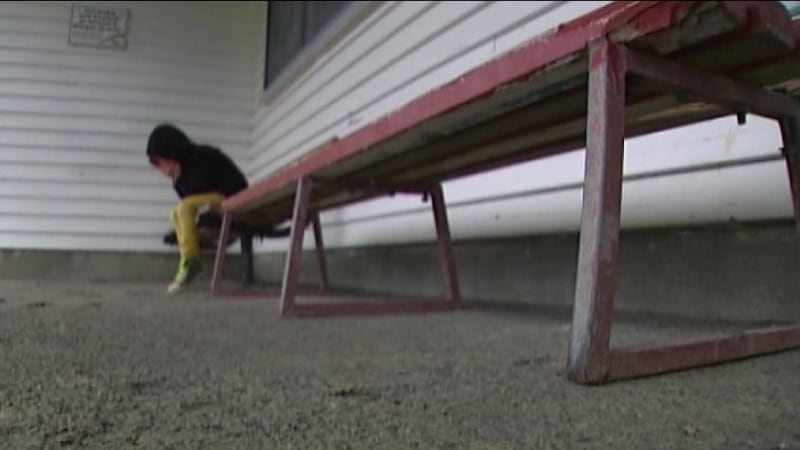New research has revealed 18,000 children have been pushed into poverty as a result of the Covid-19 pandemic, with Māori and Pacific peoples hit the hardest.
Child Poverty Action Group (CPAG) researcher Janet McAllister says during the pandemic the government failed to develop housing and income support for the poor, while the wealthiest New Zealanders saw asset values soar.
Child poverty had risen 10 per cent property owners saw their wealth rise at an accelerated rate, she said
CPAG’s research shows that for the year to March, Māori and Pacific children were almost three times more likely than Pākehā children to be tipped into poverty.
McAllister says that’s partially because of issues with the Covid-19 income support payment that meant Māori and Pacific applicants were far less likely to be granted it than Pākeha.
“Loss of income related to job loss was probably inevitable for many families but loss of income to the point of inadequacy – or further inadequacy – was due to political decision-making.”
No help for renters
Another issue was housing. During the Covid-19 crisis the government leaned on banks to grant homeowners and landlords so-called 'mortgage holidays’, allowing them to defer payments. No such support was provided for renters.
"The government avoided one massive health and economic crisis but it enabled another one - that of poverty, homelessness and inequality - to grow rapidly.” McAllister said.
Prime Minister and Child Poverty Minister Jacinda Ardern conceded the numbers were not where she would like them to be but noted the figures did not take into account average benefit increases of $55 aweek announced in this year’s budget.
"We know there is more to do and we remain committed to making New Zealand the best place in the world to be a child," Ardern said.
In her report McAllister commended the work of marae and community organisations such as the Auckland City Mission, which handed out 48,000 food parcels last year, double what it distributed in the year before Covid-19 hit.
"It is thanks to the collective efforts of iwi, hapū, community organisations, schools, whānau and families - and low-income children themselves - that the poverty crisis was not even worse."

